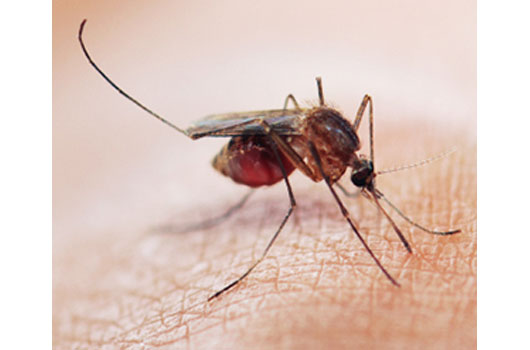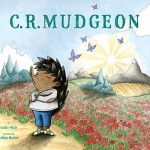
Being in Texas during the worst outbreak of West Nile virus in the state’s history has me living in fear for my children’s safety. I know the odds of anyone in my family contracting West Nile virus from infected mosquitoes are slim. Health officials say that as many as 80 percent of people who contract West Nile have no symptoms and recover on their own. But every week, more and more deaths are reported, and more cases, including several children.
Since June, more than 1,013 West Nile cases have been confirmed in Texas, announced Dr. David Lakey, commissioner of the Texas Department of State Health Services last week in a national press conference. About 510 victims have suffered severe West Nile infections and at least 43 people have died, including one elderly gentleman in my hometown. Lakey says this is officially the worst season for the mosquito-born disease since the virus was first discovered in the Lone Star State a decade ago.
Nationwide, nearly 2,000 cases have been reported in 48 states along with 87 deaths, according to the Centers for Disease Control.
As a mom, that’s scary. Even scarier, is not knowing what is causing the outbreak, or how to protect one’s family.
Read Related: Should Latinos Give Up Rice Because of “Worrisome” Levels of Arsenic?
In Dallas and other parts of North Texas, elected officials last month began aerial spraying of pesticides to help eradicate the disease. That appears to be working and the rate of infections and deaths there has slowed. But it’s quite costly and controversial. Many citizens spoke out in opposition to the spraying of harsh chemicals in the atmosphere, which can kill bees and harm plants. Spraying also is not full-proof, because chemicals must strike a mosquito while it’s in flight in order to kill it. The chemicals are not effective in killing mosquitoes that merely land on surfaces covered with the pesticide.
Officials in Central Texas, where I live, do not appear to be inclined to begin spraying. Locally, there has been one death and 33 cases of West Nile neuroinvasive disease. That is the more serious form of the mosquito-borne illness that attacks the nervous system and can lead to stiff neck, vision problems, body tremors, mental confusion, memory loss, seizures and even death. The elderly and those with compromised immune systems or other medical conditions are most at risk, health officials say.
However, hundreds of others are thought to have been infected with a milder West Nile fever that can manifest itself by a fever, headache, muscle and bone aches, nausea and drowsiness.
SO WHAT’S A MOM TO DO?
Health officials suggest loading on insect repellent that contains DEET and to reapply often. Ridding lawns of standing water that can breed mosquitoes also is urged.
My husband and I were dutifully spraying down our 10-year-old daughter as she left for the bus stop every morning. (I also coat myself in these chemicals prior to daily runs.) But after a few mornings of especially voracious mosquito attacks at the bus stop, and our concerns about how these chemicals might affect our young daughter’s developing body, we have since decided it’s safer to just to drive her to school and skip the risks and the pesticides.
Mosquitoes are most active at dawn and dusk. That is when health officials advise people to use DEET, wear long sleeves (in the 100 degree-plus heat) or stay indoors. Because of the extreme heat here, those also are the very hours when most children are outdoors, practicing on the football field, waiting at the bus stop or in marching band practice.
Evenings also are when my daughter and I enjoy taking long walks to catch up after a long day of work and school. I’ve missed those walks lately. But, in my heart, I can’t justify taking her out knowing at least one case of the West Nile neuroinvasive disease has been reported in my zip code.
So, for now, I guess we’ll curtail our nightly walks, rearrange our lifestyles and hope cooler weather dips south soon and kills the critters. Because living in fear of West Nile virus is no fun.











